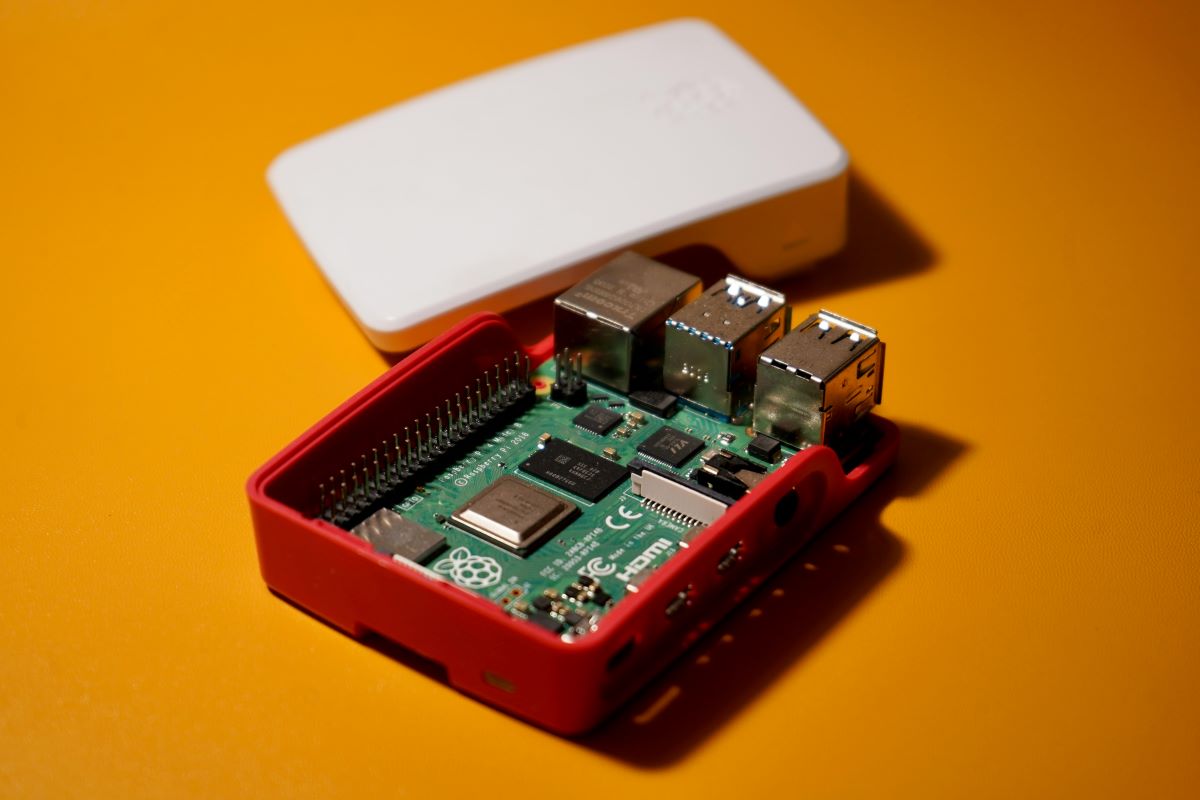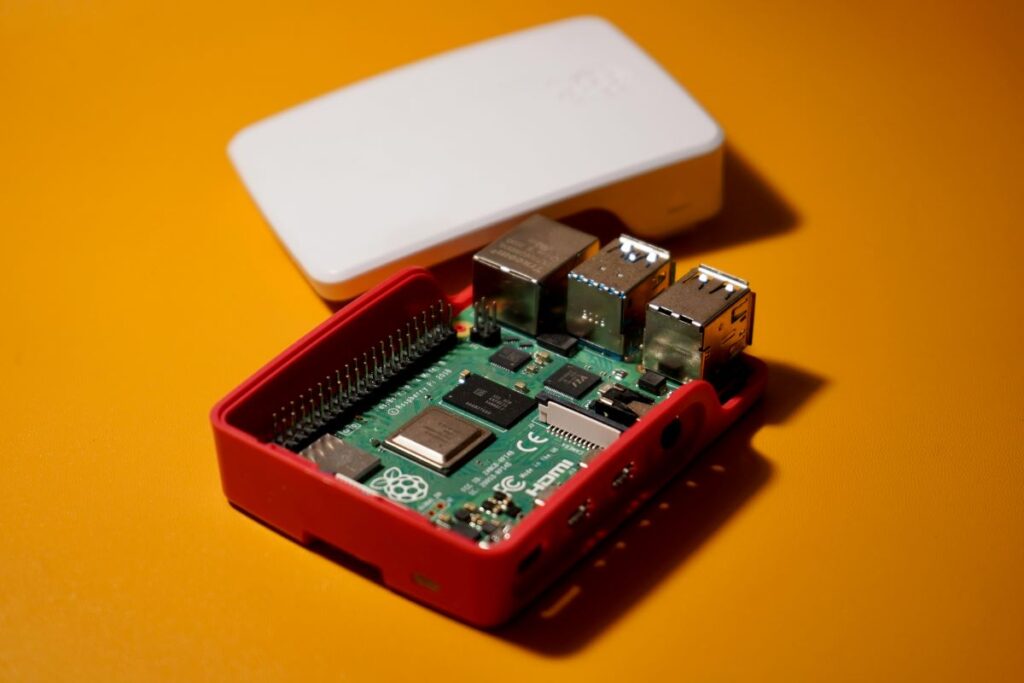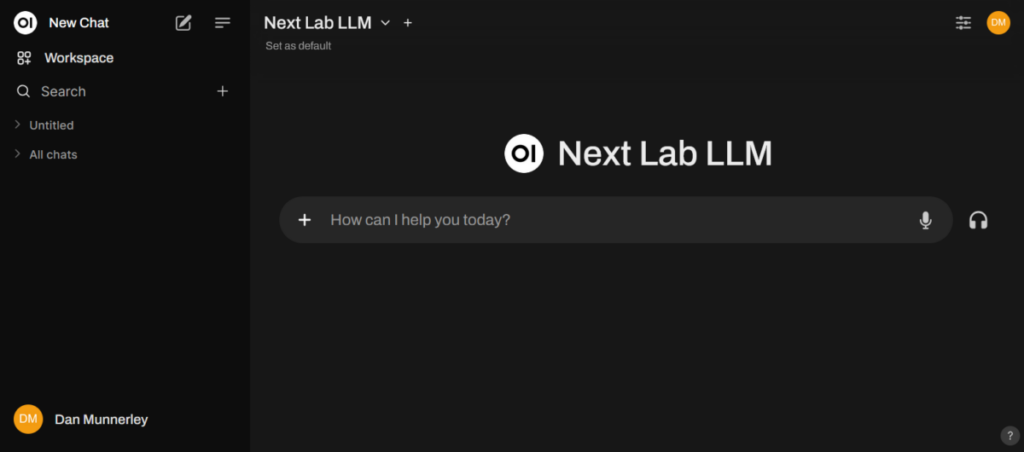EDge AI – Educational AI at the Edge

Edge AI introduces a transformative AI solution to expand access to educational resources for remote and underserved communities. The project empowers learners in areas with limited internet and power infrastructure by developing an AI system capable of offline functionality on low-powered devices. The solution uses privacy-centric approaches to operate independently, ensuring user data remains secure and culturally sensitive information is respected.
Why Offline?
According to recent estimates, around 2.6 billion people worldwide still lack access to the Internet. Although this figure has been decreasing steadily over the years, significant barriers remain, particularly in low-income countries where infrastructure, affordability, and digital literacy are ongoing challenges.
Without access, the digital divide increases and causes many challenges and barriers to those populations affected.
- Educational Barriers: Limited access to online resources, digital literacy programs, and remote learning opportunities.
- Healthcare Disparities: Restricted access to telemedicine and digital health resources.
- Economic Limitations: Reduced ability to reach broader markets for goods and services through e-commerce.
- Cultural Preservation Challenges: Difficulty in documenting, sharing, and preserving languages, traditions, and stories.
- Reduced Civic Participation: Limited involvement in advocacy and decision-making on issues affecting their communities.
- Environmental Stewardship Constraints: Lack of access to real-time land and resource management data.
Low powered-devices for AI

Using a Raspberry Pi for a local, offline AI setup has several benefits, particularly for communities and use cases where internet connectivity is limited or privacy is essential.
- Affordable: Low-cost device, accessible for budget-limited projects.
- Energy-Efficient: It uses minimal power and is ideal for areas with limited energy.
- Portable: Compact and easy to deploy in remote or mobile settings.
- Edge Processing: Processes data locally, enhancing privacy and security.
- Offline Functionality: Runs AI applications without the internet.
- Community Support: Strong documentation and community resources.
- Customizable: Adaptable for specific needs like language processing or monitoring.
Key Features:
- Offline Capability: Operates autonomously after download, supporting remote access without continuous internet connectivity.
- Device Compatibility: Functions on low-powered devices, including Chromebooks, mobile phones, and Raspberry Pis, enhancing accessibility across diverse environments.
- ASU-Specific Content: Optimized to ASU’s curriculum, using datasets from educational materials and assessments to deliver relevant, contextualized learning experiences.
- Privacy Protections: This system integrates stringent privacy controls, which are particularly valuable for communities handling Indigenous knowledge or sensitive intellectual property.
- Adaptive Learning Interface: A user-friendly interface facilitates text and multimodal input, enhancing learning through interactive dialogue and visual content.

Creators:
- Dan Munnerley
- Hithesh Rai Purushothama
- Hrushikesh Pandit
- Ananya Kodali
Partners
ASU Next Lab™
Powered by collaboration across ASU’s innovation ecosystem.
Got an idea, project, or question? Connect with Next Lab →